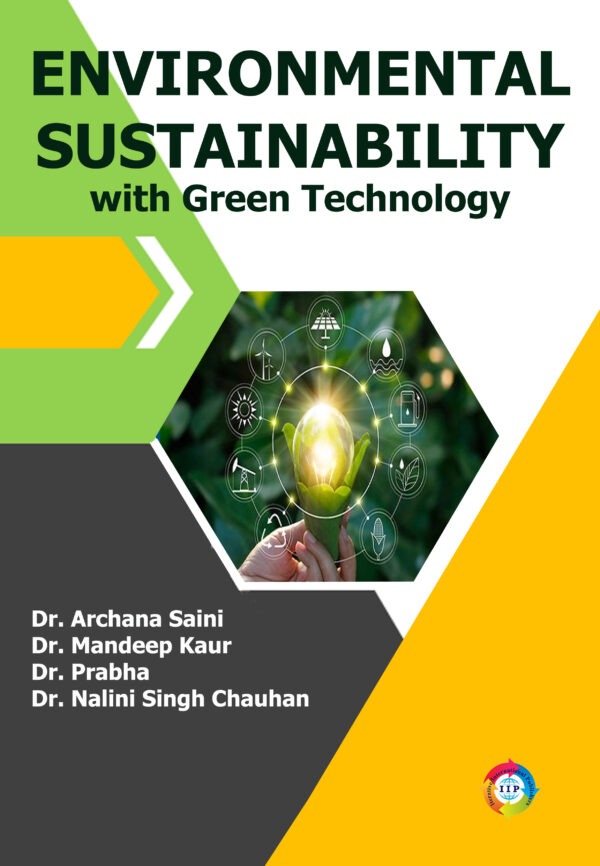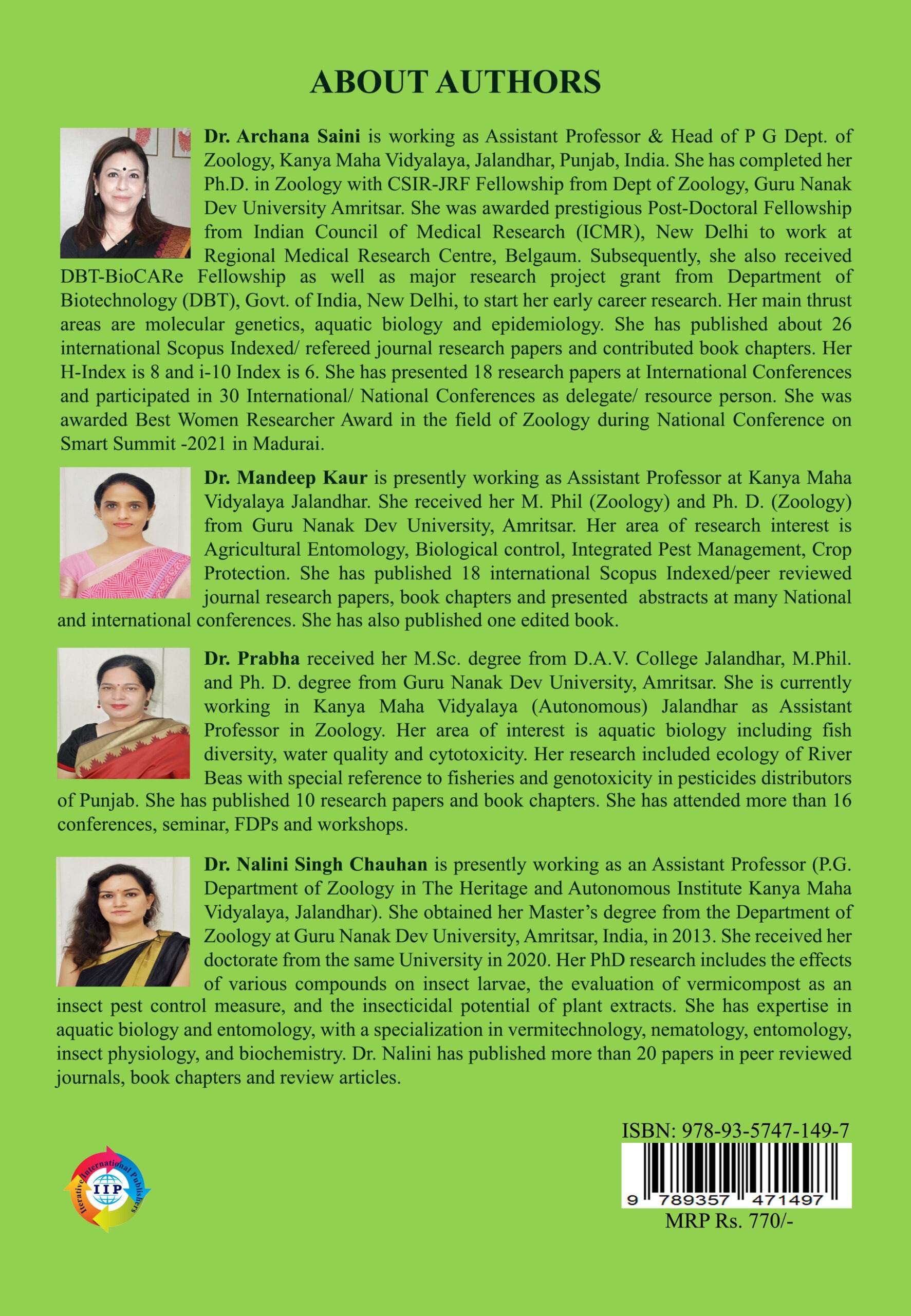It is a persistent problem to decouple resource use and environmental degradation from economic and social progress, and this calls for a paradigm shift in our thinking. A new socioeconomic model that will allow our current and future generations to live in a clean, healthy environment and in harmony with nature is being provided by green technologies, which are currently playing a significant role in shifting the trajectory of the world’s economic growth in that direction. If green technology ideas are adopted and spread throughout society, it will be easier to achieve the Millennium Development Goals of preserving and enhancing the environment for civilization’s continued existence.
Plastics are used practically everywhere, including household packaging, bottles, cell phones, printers, and other items. Additionally, it is used in manufacturing sectors ranging from pharmaceuticals to the automotives. Sadly, these plastics with a petroleum foundation are not biodegradable. This led to one of the main factors contributing to solid waste contamination from landfills. Concern among the general public regarding the negative environmental impacts of plastics made from petrochemicals has grown in recent years. The issue of managing plastic trash on the planet is getting worse very quickly these days, and research has been initiated to identify appropriate eco-friendly materials to reduce environmental damage. Using green technology, researchers have created entirely biodegradable polymers, which are disposed of in the environment and easily breakdown through the enzymatic activity of microorganisms, in an effort to identify alternatives. The breakdown of biodegradable plastic yields a variety of easily disposed-of natural substances, including carbon dioxide, methane, water, biomass, humic matter, and others. Because of their capacity to degrade in a biotic environment, these types of material are termed as bioplastics.









Reviews
There are no reviews yet.